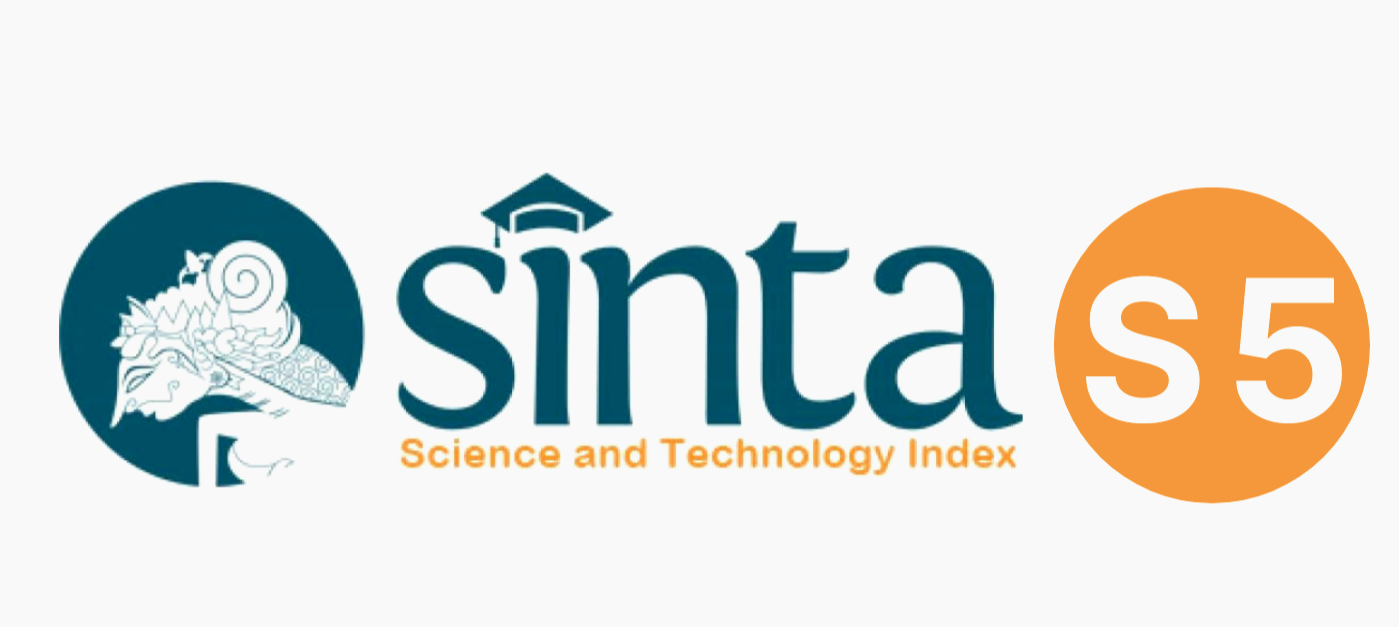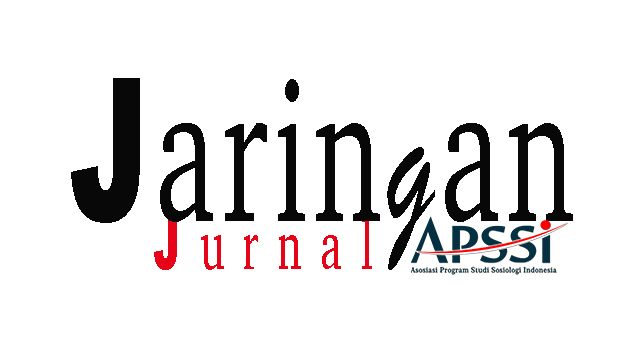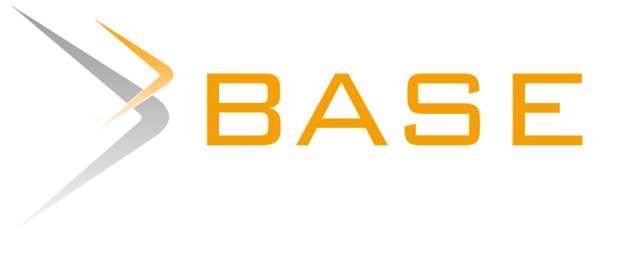Migrant Workers and Higher Education: Paradoxes of Democratization of Higher Education
 Abstract: 202
/
Abstract: 202
/  Abstract: 87
Abstract: 87
DOI:
https://doi.org/10.47753/je.v6i1.113Keywords:
democratization, higher education, migrant workers, capitalismAbstract
Migrant Workers and Higher Education issues seem two different contradictory topics. Many research on migrant workers often associates them with pragmatical activities, the working class, and marginal groups. On the other hand, Higher Education (HE) is more often associated with idealistic spaces, middle classes, and academics environment. This paper presents the phenomenon of Indonesian migrant worker-students in South Korea. We found the increasing number of Indonesian migrant workers who pursue higher education through overseas Indonesian Open University (Universitas Terbuka) in Korea and ICT-based Korean local universities. We examine how migrant workers take advantage of the transformation of higher education. We try to answer whether higher education experienced democratization will reduce social inequality, or on the contrary, it will be trapped in an educational capitalization that sharpens the gap.References
Alvesson, M. (2013). The Triumph of Emptiness : Consumption Higher Education, and Work Organization. Oxford University press.
Andrevski, H., & Lyneham, S. (2014). Experiences of exploitation and human trafficking among a sample of Indonesian migrant domestic workers. Trends and Issues in Crime and Criminal Justice, 471, 1–10.
Astuti, T. M. P. (2005). Redefinition of the Existence of Migrant Women The Case of Return Migrant in Godong, Grobogan, Central Java. Southeast Asia a Global Crossroads SEASREP 10th Anniversary Conference, 18(3), 205–212.
Choi, J.-S., & Choi, S. (2005). Social work intervention with migrant workers in South Korea: Micro and macro approaches. International Social Work, 48(5), 655–665. https://doi.org/10.1177/0020872805055331
Ghaill, M. M. A. (1996). Class, culture, and difference in england deconstructing the institutional norm. International Journal of Qualitative Studies in Education. https://doi.org/10.1080/0951839960090305
Gleason, J. (2013). Dilemmas of blended language learning: Learner and teacher experiences. CALICO Journal, 30(3), 323–341. https://doi.org/10.11139/cj.30.3.323-341
Gleason, N. W. (2018). Higher Education in the Era of the Fourth Industrial Revolution. https://doi.org/10.1007/978-981-13-0194-0
Hamidah, C. (2016). Investasi Properti Sebagai Pilihan Keluarga TKI di Kecamatan Babadan Kab. Ponorogo. Prosiding Seminar Nasional Hasil-Hasil Penelitian 2016 : Bidang Agama Islam, Budaya Ekonomi Sosial Humaniora, Teknologi, Kesehatan Dan Pendidikan, 94–102.
Ingram, N. (2009). Working-Class Boys , Educational Success and the Misrecognition of Working-Class Culture. British Journal of Sociology, 30(4), 421–434. https://doi.org/10.1080/01425690902954604
Kusuma, A. J., York, M. R., & Wibowo, R. H. (2015). Violence against Indonesian Migrant Workers - A Causal Analysis. Jurnal Hubungan Internasional, 4(No.1, April), 47–57. https://doi.org/http://dx.doi.org/10.18196/hi.2015.0065.47-57
Lawler, S. (1999). ‘getting out and getting away’: Women’s narratives of class mobility. Feminist Review. https://doi.org/10.1080/014177899339036
Lazear, E. (1977). Education : Consumption or Production ? Jpurnal of Political Economy, 85(3), 569–598.
Lee, H. K. (2003). Gender, migration and civil activism in South Korea. Asian and Pacific Migration Journal, 12(1–2), 127–154.
Loveday, V. (2015). Working-class participation, middle-class aspiration? Value, upward mobility and symbolic indebtedness in higher education. Sociological Review. https://doi.org/10.1111/1467-954X.12167
MacLeod, J. (2018). Ain’t no makin’ it: Aspirations and attainment in a low-income neighborhood, third edition. In Ain’t No Makin’ it: Aspirations and Attainment in a Low-Income Neighborhood, Third Edition. https://doi.org/10.1201/9780429495458
Marginson, S., & Rhoades, G. (2002). Beyond national states, markets, and systems of higher education: A glonacal agency heuristic. Higher Education. https://doi.org/10.1023/A:1014699605875
Martin, C. (1993). Growing up modern: The western state builds third-world schools. By Bruce Fuller. (London, Routledge, 1991, pp. 168, £30). Journal of International Development. https://doi.org/10.1002/jid.3380050317
Maton, K. (2004). The Field of Higher Education: A sociology of reproduction, transformation, change and the conditions of emergence for cultural studies. In St John’s College: Vol. PhD thesis. http://www.soozicle.com/karlmaton/pdf/2005PhD.pdf
Padmo, D. (2015). Peningkatan Daya Saing Tenaga Kerja Indonesia di Luar Negeri Melalui Pendidikan Tinggi Jarak Jauh Era Digital.
Rahman, M. M., & Fee, L. K. (2009). Gender and the Remittance Process. Asian Population Studies, 5(2), 103–125. https://doi.org/10.1080/17441730902992059
Reay, D. (2001). Finding or losing yourself?: Working-class relationships to education. Journal of Education Policy, 16(4), 333–346. https://doi.org/10.1080/02680930110054335
Savage, M. (2000). Class Analysis and Social Transformation. Open University Press.
Subadi, T. (2016). Migrant Workers Become In Malaysia: Village Strategies To Overcome Poverty And Cost Of Education. The 3rd University Research Colloquium 2016, 36–45.
Thomas, J. (1993). Doing Critical Ethnography. Sage Publication.
Ueno, K. (2010). Identity Management among Indonesian and Filipina Migrant Domestic Workers in Singapore. International Journal of Japanese Sociology, 19(1), 82–97. https://doi.org/10.1111/j.1475-6781.2010.01128.x
Välimaa, J. (2004). Nationalisation, localisation and globalisation in Finnish higher education. Higher Education. https://doi.org/10.1023/B:HIGH.0000033769.69765.4a
Willis, P. (1977). ‘Labour power, culture, class and institution.’ Learning to Labour: How Working Class Kids Get Working Class Jobs,. https://doi.org/10.1017/CBO9781107415324.004
Yang, P., & Yi’en Cheng. (2018). Educational Mobility and Transnationalization. In Higher Education in The Era of Fourth Industrial Revolution (pp. 47–63). Palgrave Macmillan.
Downloads
Published
Issue
Section
License
Articles published in Jurnal Empirika are licensed under the International License of Creative Commons Allowance-ShareAlike 4.0. The author is free to use any media to copy, change, or redistribute the paper, provided the author gives credit to the original author and this journal, links to the license, shows if modifications have been made, and redistributes it in the same permission. The author grants the right to any third party to use their posts following the Creative Commons Attribution-Share Alike International 4.0.











